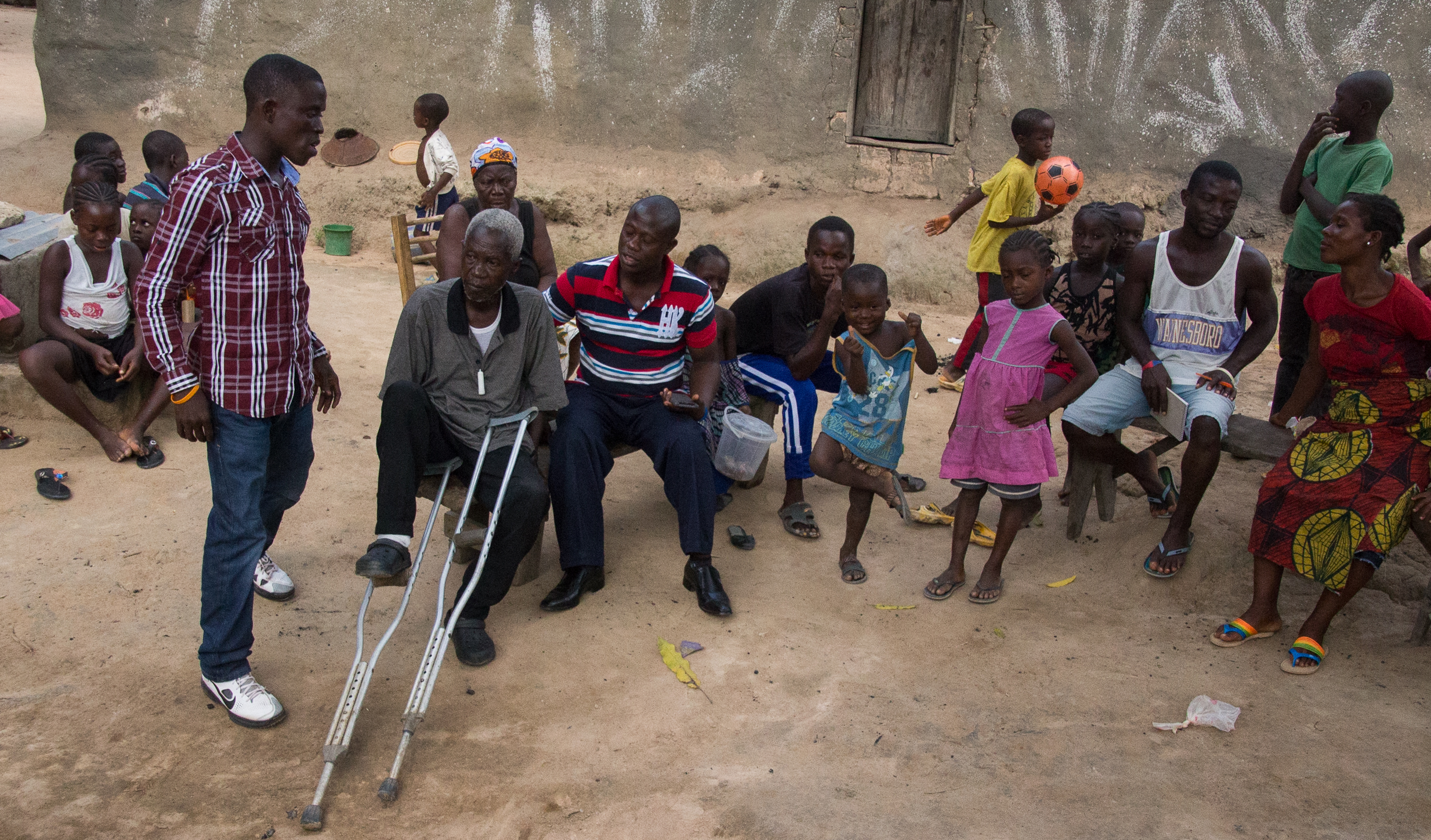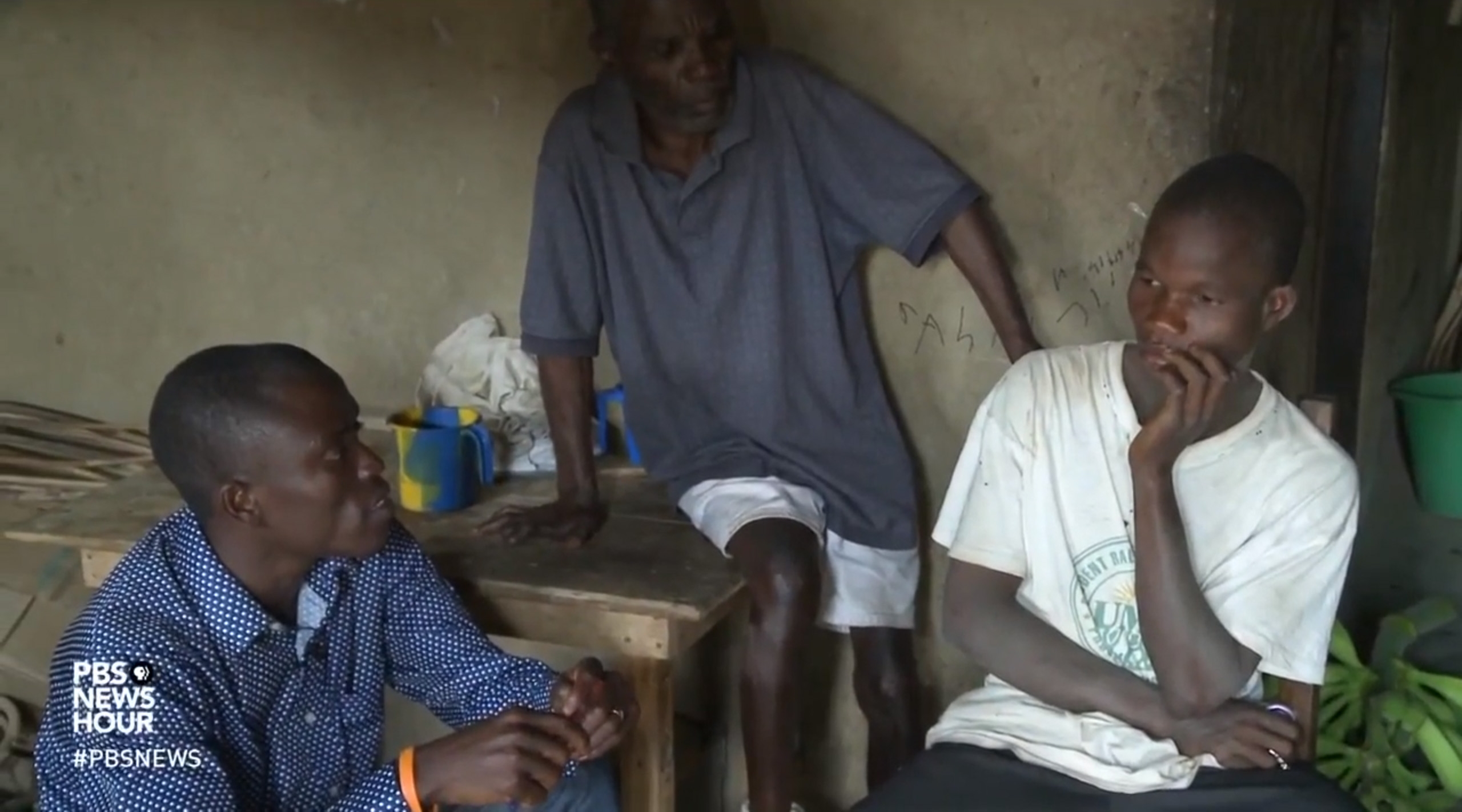Project November 13, 2018
Treating Mental Illness in Resource-Poor Countries
Country:

In the past 25 years, the burden of mental illness has risen dramatically worldwide. According to the World Health Organization, depression is now the leading cause of global disability. Tens of thousands of people with mental disorders are neglected and abused, according to a recent Lancet Commission report. Yet most of the people affected—75 percent in many low-income countries—do not have access to the treatment they need.
Despite the fact that mental health resources are neglected by the global aid community, making them almost non-existent in these countries, there is hope. A growing body of research demonstrates that low-cost, community-based mental health care programs can be remarkably effective in countries where resources are scant and mental illness is widespread. This project documents the impact of one of these programs in Liberia, West Africa.
Molly Knight Raskin visited Liberia, a country deeply traumatized by 14 years of civil war and the Ebola epidemic, to report on a program led by the Atlanta-based Carter Center, which trains local health care workers to deliver basic mental health services like counseling and behavior modification. Raskin followed one of these clinicians in a rural part of Liberia where people with mental illness often suffer discrimination and abuse.
This report comes at what experts call a time of "historic opportunity" to reframe mental health as a sustainable development goal and prioritize it in the global aid community.




